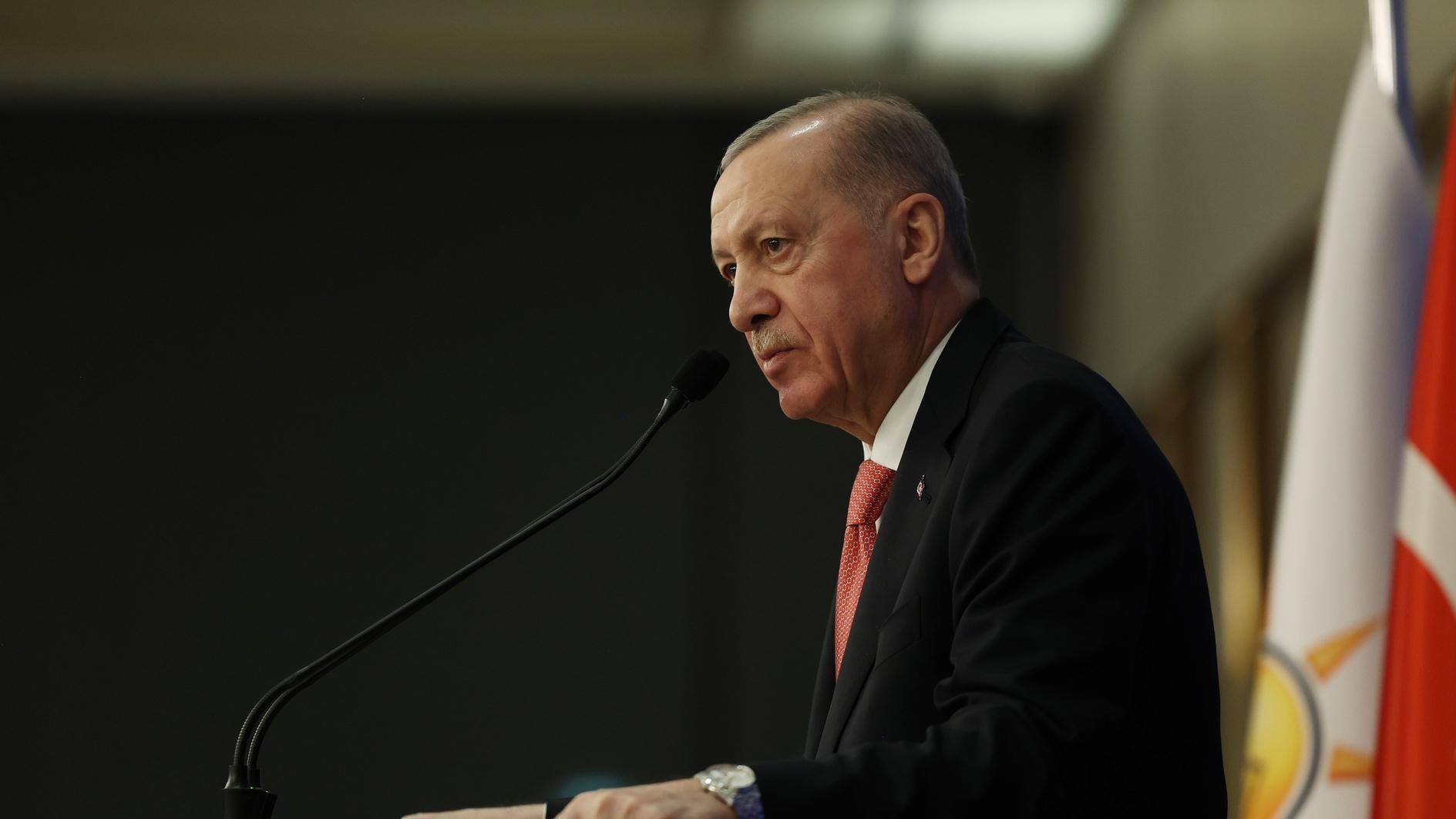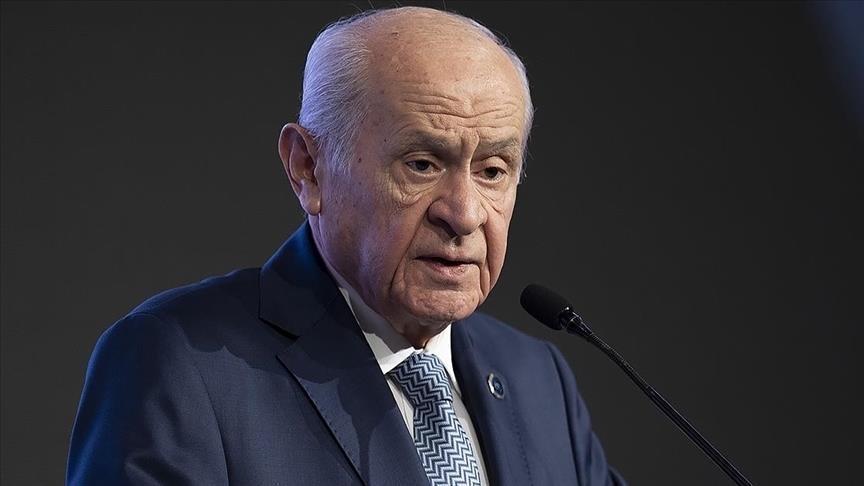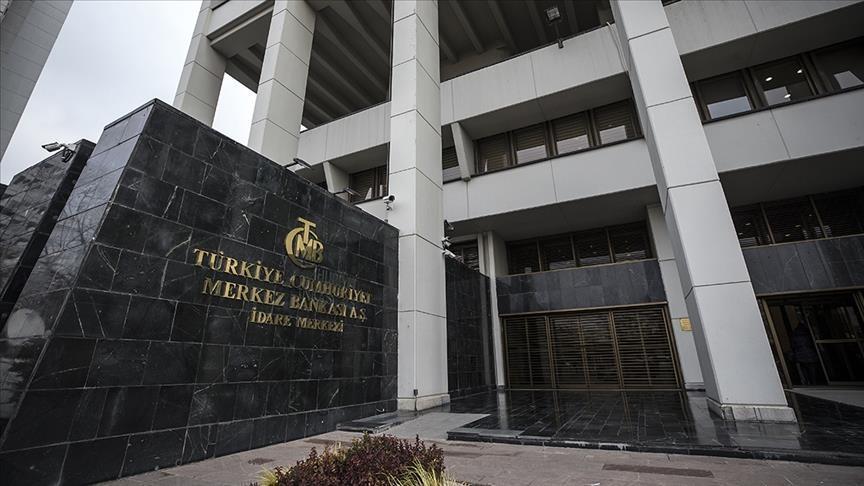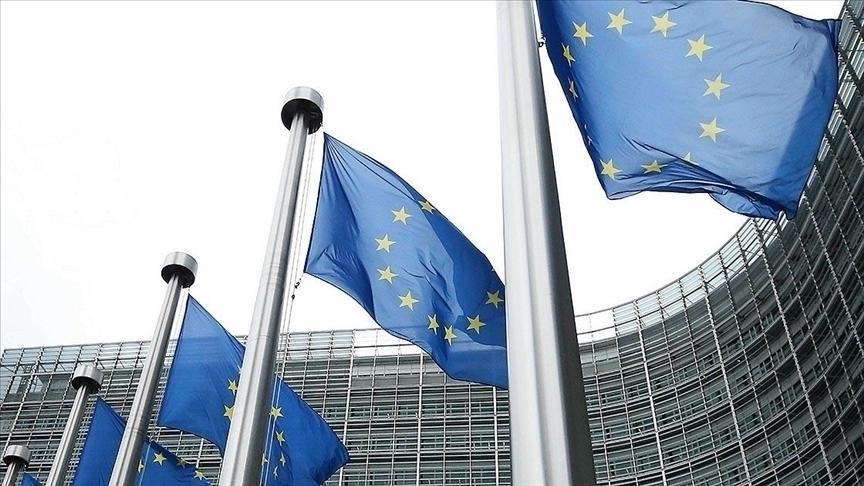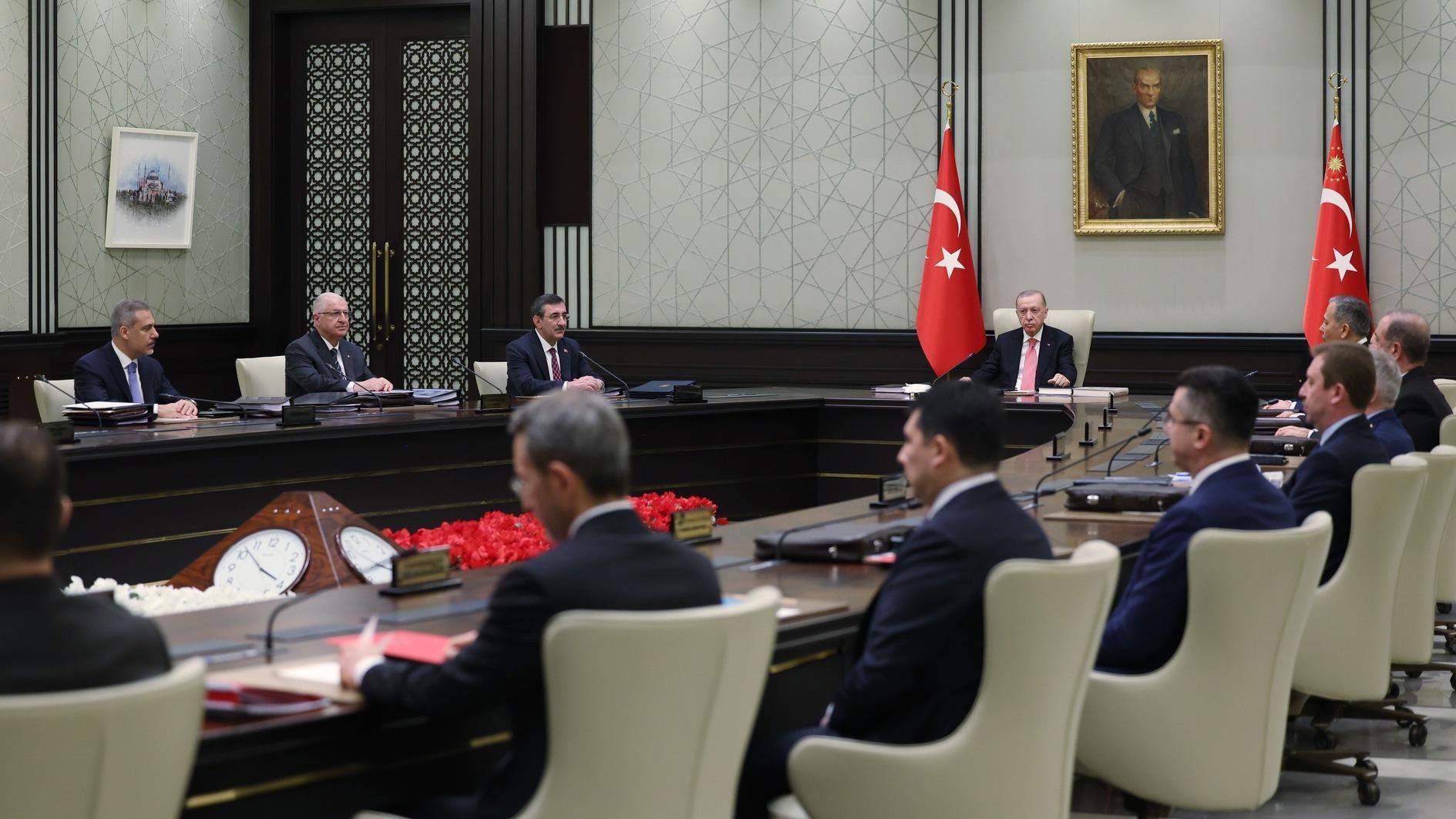Pussy Riot appeal conviction to European Court
MOSCOW - The Associated Press
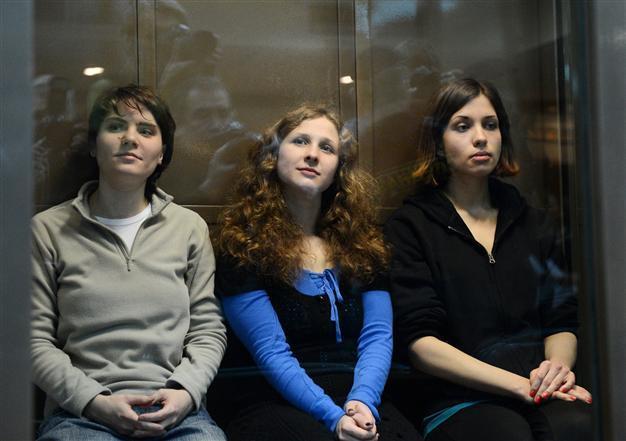
Members of the all-girl punk band "Pussy Riot" (L-R) Yekaterina Samutsevich, Maria Alyokhina and Nadezhda Tolokonnikova sit in a glass-walled cage in a court in Moscow, in this October 10, 2012 photo. AFP photo
Lawyers for three members of the feminist punk group Pussy Riot have contested their convictions in the European Court of Human Rights in Strasbourg.The complaint filed Wednesday alleges the group’s conviction violates four articles of the European Convention on Human Rights guaranteeing freedom of speech, the right to liberty and security, the prohibition of torture and the right to a fair trial.
Maria Alekhina, Yekaterina Samutsevich, and Natalia Tolokonnikova were sentenced to two years in prison for their irreverent "punk prayer" in Moscow’s main cathedral last February against Vladimir Putin’s return to Russian presidency. Samutsevich was later released on appeal.
Their conviction on charges of "hooliganism motivated by religious hatred" has sparked global outrage, drawing attention to Russia’s intolerance of dissent under Putin.
Tolokonnikova returned to a prison colony in the central province of Mordovia Wednesday after spending some time at a hospital, her husband, Pyotr Verzliov, wrote on Twitter.
Tolokonnikova had complained of headaches and overwork at the colony, which is known for its tough conditions and strict schedule for prisoners to sew uniforms.
Alekhina, who is imprisoned in Perm province in the Urals, is currently appealing several reprimands in court.
Also on Wednesday, 11 Russian non-governmental organizations filed an appeal to the European Court contesting a Kremlin-backed law passed in a flurry of anti-opposition measures last year. The suit alleges that the law, which requires political NGOs with funding from abroad to register as "foreign agents," implies that they are spies and violates their right to freedom of expression and association.
Two American NGOs recently closed down operations and transferred their staff out of Russia in response to the law.


